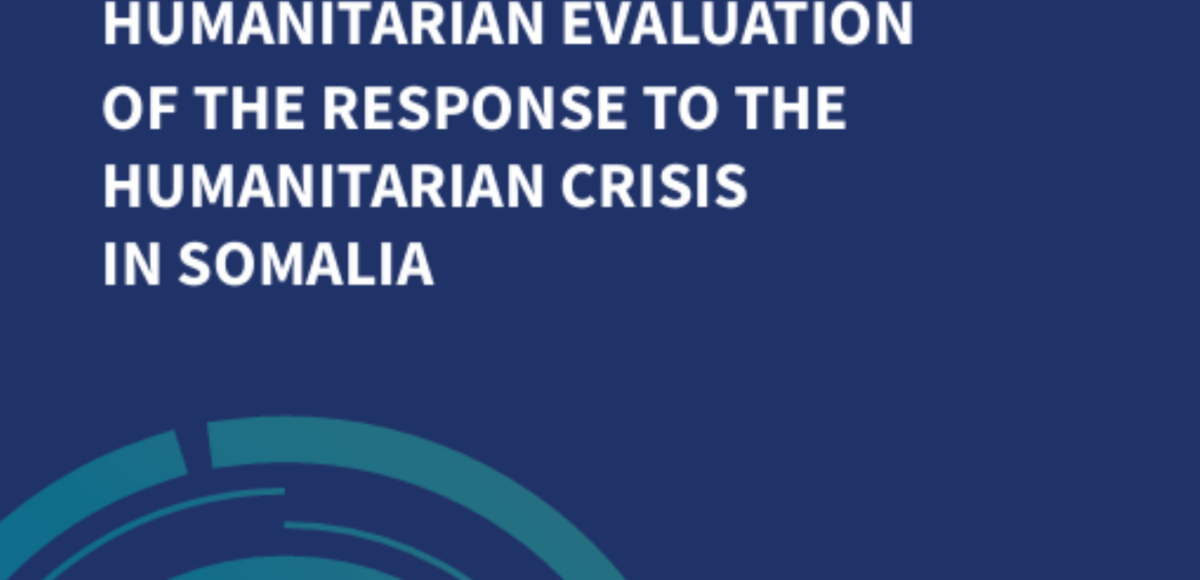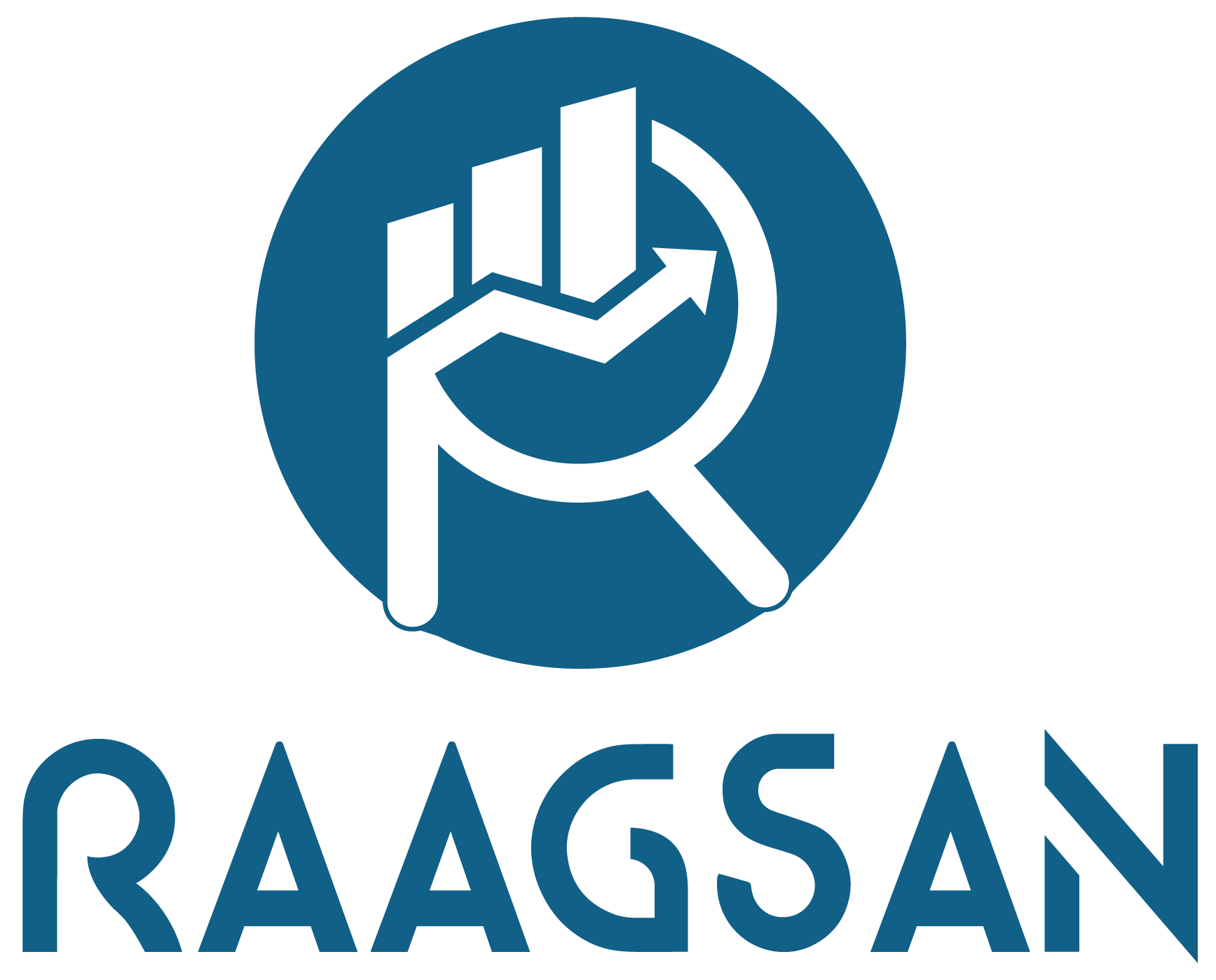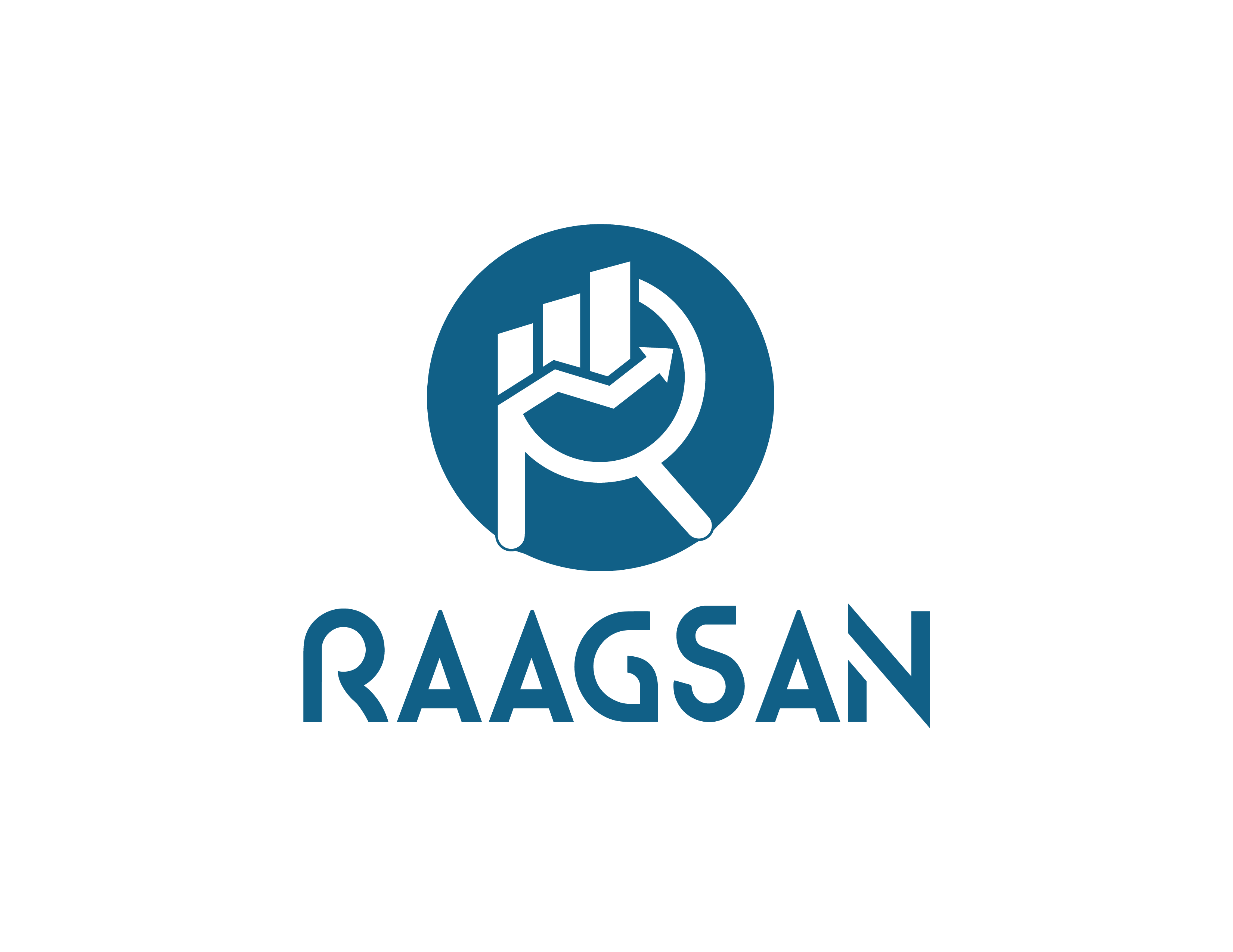
- April 6, 2025
Inter-Agency Humanitarian Evaluation of the Response to the Humanitarian Crisis in Somalia
Somalia has received humanitarian assistance for over 30 years due to conflict, regular droughts and floods and other shocks such as the COVID-19 pandemic and locust infestations. Famine was declared twice during this period. The worst drought in 40 years hit East Africa between 2021 and 2023. The drought led to a rapid increase in the number of people needing humanitarian assistance in Somalia. The numbers rose from 5.2 million in 2020 to 8.3 million in 2023.
The Emergency Relief Coordinator launched this Inter-Agency Humanitarian Evaluation (IAHE) in November 2023. The evaluation aims to provide an independent assessment of the collective famine prevention response of IASC member agencies between 2021 and 2024 and provide feedback. The evaluation team, commissioned by Inter-Agency Humanitarian Evaluation Management Group, comprised of Global Public Policy Institute (GPPi), an independent think tank in Germany, and Raagsan, a social enterprise in Somalia.
The evaluation focused on five main questions:
- To what extent was the collective humanitarian response adapted to the needs of affected people and, particularly the needs of the most vulnerable?
- To what extent did the collective response of IASC members achieve its objectives and what unintended effects did the response have?
- To what extent did the IASC members’ collective response reach the most vulnerable people?
- How well-coordinated and led was the response and what other factors influenced its quality and scale?
- How did the HCT reforms on aid diversion affect the IASC members’ collective response?
A comprehensive evaluation was conducted using a mixed-methods approach, combining both qualitative and quantitative techniques. The evaluation covered 12 districts across Somalia including areas heavily impacted by the recent drought as well as those less affected; Burhakaba, Burtinle, Hobyo, Afmadow, Wajid, Bal‘ad, Baidoa, Hargeisa, Mogadishu, Huddur, Las ‘Anod and Burco. In addition to interviews and focus group discussions with affected communities and stakeholders, the team reviewed a wide range of documents and datasets.
The report outlines the findings and emerged recommendations of the evaluation. To ensure accountability and shared learning, the findings will be disseminated back to communities via radio, SMS and Raagsan’s Daadihiye Community Engagement Platform, as well as social media channels.
📢Stay tuned for the dissemination updates!
Download the full report here.

